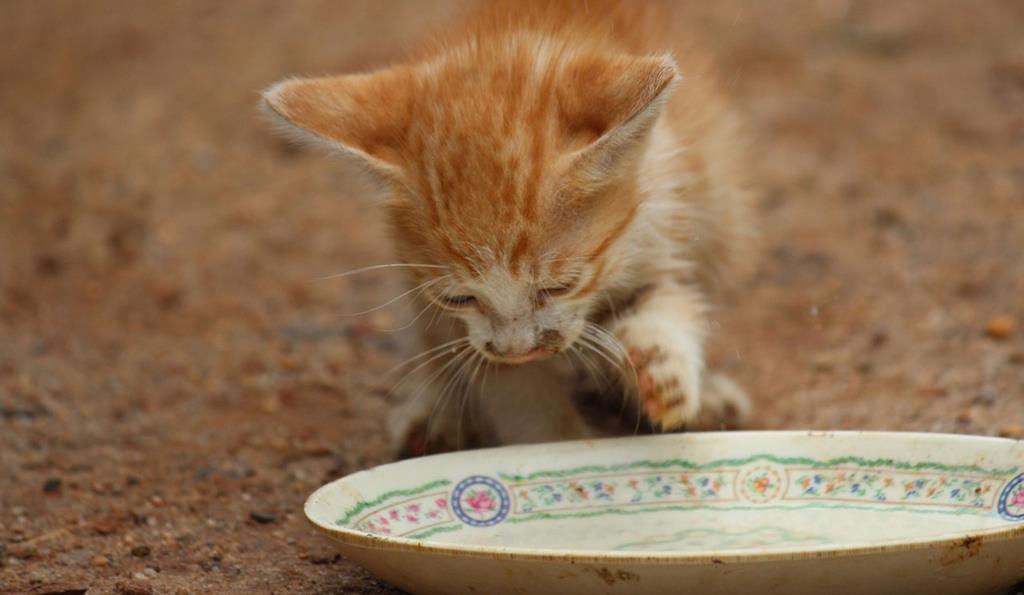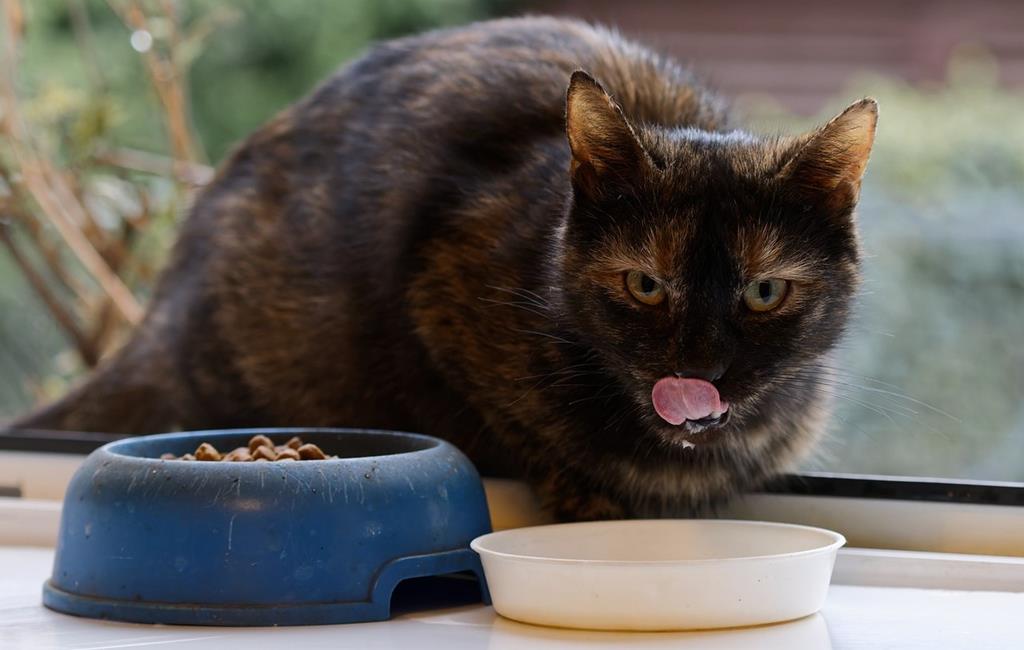The image of a contented cat lapping up a saucer of milk is a familiar one in popular culture. However, the idea that milk is a suitable and nourishing treat for cats is a misconception. In this article, we will explore the truth behind the notion of milk and cats, why it may not be as beneficial as commonly believed, and what alternatives are available to provide proper hydration and nutrition for our feline friends.
The Myth of Milk and Cats
The myth of milk being an ideal treat for cats likely stems from historical depictions and stories that portrayed cats as enjoying dairy products. However, it’s important to distinguish between myth and reality when it comes to feline nutrition.
The Reality of Lactose Intolerance
The main reason why milk is not suitable for most adult cats is lactose intolerance. Lactose is the natural sugar found in milk, and many cats, like some humans, lose the ability to digest it properly as they mature. After weaning, a cat’s production of lactase, the enzyme needed to break down lactose, tends to decrease. This means that when lactose-intolerant cats consume milk or dairy products, they can experience digestive upset, including diarrhea, gas, and stomach cramps.
Additionally, some cats are more lactose intolerant than others, and kittens generally have a higher tolerance for lactose than adult cats. As a result, while some cats may be able to consume small amounts of milk without any immediate symptoms, it is not advisable to make it a regular part of their diet.
Proper Hydration and Nutrition for Cats
Cats require a diet that is rich in animal-based protein and low in carbohydrates. The primary source of hydration for cats should be fresh, clean water. Here are some essential considerations for ensuring your cat’s health:
- Water: Freshwater should always be readily available to your cat. Adequate hydration is essential for overall health, kidney function, and preventing urinary tract issues.
- High-Quality Cat Food: Choose a high-quality commercial cat food that provides all the essential nutrients your cat needs. Look for options that list a high percentage of animal-based proteins as the main ingredients.
- Avoid Human Food: While some human foods are safe for cats in moderation, it’s essential to avoid offering them dairy products, including milk, cheese, and yogurt, due to their lactose content.
- Treats: If you want to offer your cat occasional treats, opt for specially formulated cat treats available at pet stores. These are designed to be safe and enjoyable for felines.

What to do if cat drinks milk?
If your cat has consumed milk and you’re concerned about their well-being, here are some steps to take:
- Observe Your Cat: Keep a close eye on your cat for any signs of digestive upset or discomfort. These signs may include diarrhea, vomiting, excessive gas, or stomach discomfort. Not all cats will react to milk, but some may if they are lactose intolerant.
- Provide Water: Offer your cat plenty of fresh water. This will help dilute any lactose in their system and can help alleviate potential digestive issues. Make sure your cat has access to clean water at all times.
- Monitor Symptoms: If your cat starts to exhibit any adverse symptoms, such as vomiting or diarrhea, monitor the severity and duration. If the symptoms are mild and improve on their own within a day, it’s likely that your cat will recover without further intervention.
- Consult a Veterinarian: If your cat experiences severe or persistent digestive issues, it’s essential to contact your veterinarian. They can provide guidance on how to manage your cat’s symptoms and may recommend specific treatments or dietary changes. Additionally, if you suspect your cat is lactose intolerant, your veterinarian can confirm this through tests and provide advice on dietary adjustments.
- Prevent Future Milk Consumption: If your cat is lactose intolerant or has had a negative reaction to milk, it’s best to avoid giving them milk or dairy products in the future. Stick to safe, cat-friendly alternatives and treats.
Remember that not all cats will have adverse reactions to milk, but it’s always better to exercise caution and be aware of your cat’s individual tolerance. If in doubt, consult with your veterinarian for guidance on your cat’s dietary needs and any specific dietary restrictions they may have.
FAQ:
-
Is milk safe for cats to drink?
- Answer: Milk can be safe for cats to drink, but many adult cats are lactose intolerant, meaning they may have trouble digesting the lactose in milk. Lactose-free milk or cat-specific milk is safer for feline consumption.
-
Why do cats like milk?
- Answer: Cats are naturally curious and may be attracted to the smell and taste of milk. However, the belief that all cats love milk is a misconception perpetuated by popular culture. Some cats enjoy it, while others may not be interested.
-
Can kittens drink milk?
- Answer: Kittens can initially drink their mother’s milk, which provides essential nutrients. If a kitten is orphaned or not nursing, you should use a kitten milk replacer, as it is specially formulated to meet their nutritional needs.
-
What happens if my cat drinks regular cow’s milk?
- Answer: Cow’s milk contains lactose, which many adult cats have difficulty digesting. Consuming regular cow’s milk can lead to digestive upset, including diarrhea, vomiting, and stomach discomfort in lactose-intolerant cats.
-
Is there any milk that is safe for all cats?
- Answer: Lactose-free milk or cat-specific milk is generally considered safe for all cats, including lactose-intolerant individuals. These products are designed to mimic the taste and texture of milk while reducing or eliminating lactose content. However, they should still be given in moderation as an occasional treat, not as a primary source of nutrition.
Conclusion
In conclusion, the idea that milk is good for cats is a myth that needs to be dispelled. Most adult cats are lactose intolerant, and giving them milk can lead to digestive discomfort and other health issues. To provide the best care for your cat, prioritize a balanced diet rich in animal-based proteins and ensure they have access to fresh water at all times. If you have concerns about your cat’s diet or health, consult with your veterinarian, who can provide guidance on proper nutrition and hydration for your feline companion.



